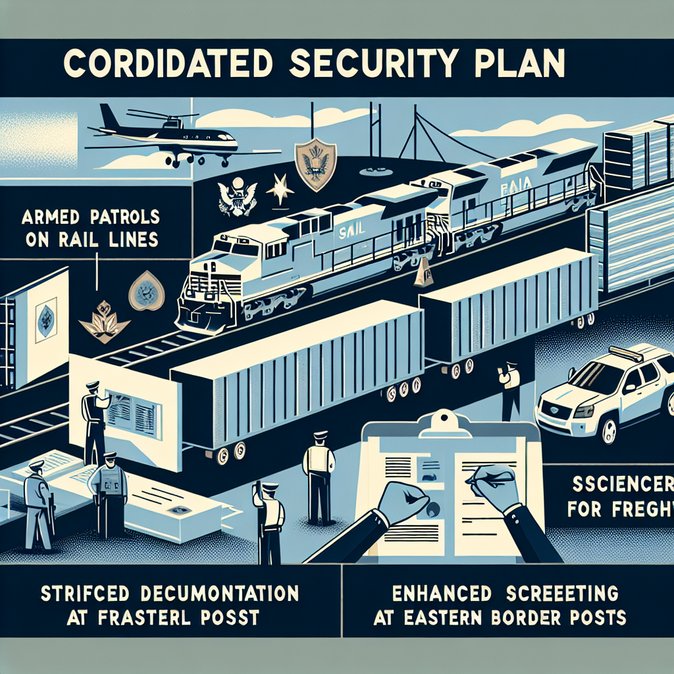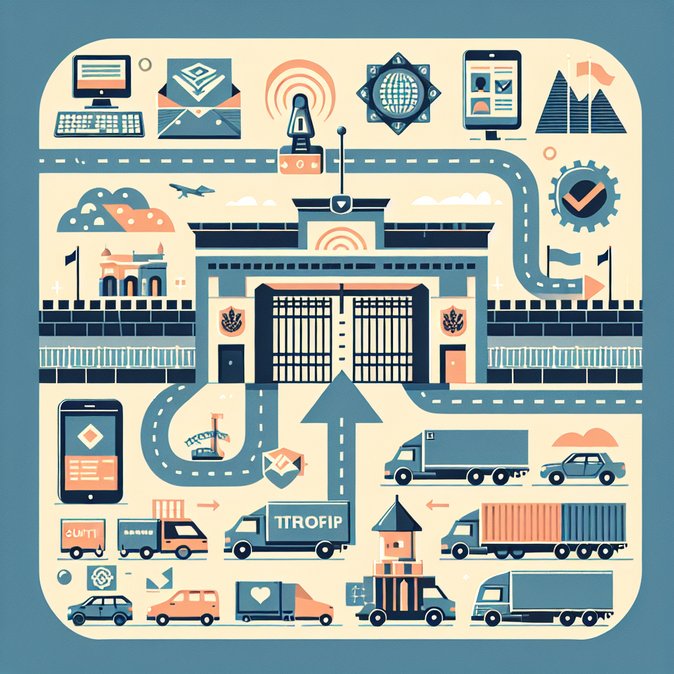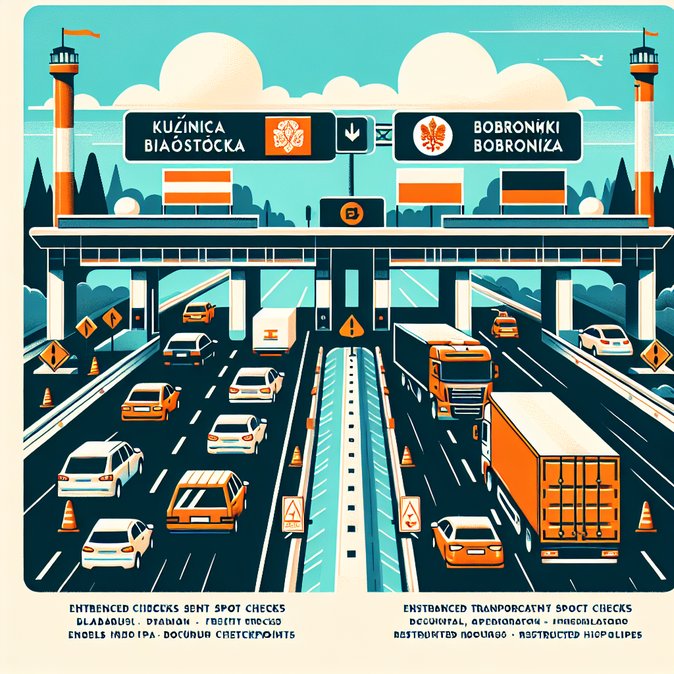
In the wake of the twin sabotage attempts on the Warsaw–Lublin rail line, Poland’s Interior, Security Services, Justice and Infrastructure ministers held an emergency press conference on 17 November to outline a multi-agency response designed to reassure travellers and logistics operators.
Interior Minister Marcin Kierwiński confirmed that explosive-ordnance and counter-terror police would be posted at 150 critical junctions, while the Railway Security Guard (SOK) is deploying portable scanners to inspect track welds on night-time freight corridors. The Internal Security Agency (ABW) has created a 40-member task force with prosecutors and cyber-forensics experts to trace digital footprints connected to the attacks.
![Government launches nationwide rail and border security sweep after weekend sabotage]()
Infrastructure Minister Dariusz Klimczak said that PKP PLK will complete repairs to both affected tracks by 18 November midnight but that temporary 60 km/h speed limits and random stops will remain until ultrasonic testers certify rail integrity. Operators moving dangerous goods or oversized cargo must now file movement plans 24 hours in advance and carry verified driver IDs, a requirement usually reserved for NATO convoys.
Border Guard commander Major-General Sławomir Klekotka announced parallel measures at eastern land crossings, including remote-controlled vehicle-underside scanners and joint patrols with army engineers trained in improvised-device disposal. He urged carriers to build an extra 90-minute buffer into delivery schedules.
Corporate mobility managers should circulate the new compliance bulletin to travelling staff and consider registering frequent travellers’ biometrics under the national Trusted Traveller programme, which will allow them to use dedicated lanes when randomised security alerts are in force.
Interior Minister Marcin Kierwiński confirmed that explosive-ordnance and counter-terror police would be posted at 150 critical junctions, while the Railway Security Guard (SOK) is deploying portable scanners to inspect track welds on night-time freight corridors. The Internal Security Agency (ABW) has created a 40-member task force with prosecutors and cyber-forensics experts to trace digital footprints connected to the attacks.

Infrastructure Minister Dariusz Klimczak said that PKP PLK will complete repairs to both affected tracks by 18 November midnight but that temporary 60 km/h speed limits and random stops will remain until ultrasonic testers certify rail integrity. Operators moving dangerous goods or oversized cargo must now file movement plans 24 hours in advance and carry verified driver IDs, a requirement usually reserved for NATO convoys.
Border Guard commander Major-General Sławomir Klekotka announced parallel measures at eastern land crossings, including remote-controlled vehicle-underside scanners and joint patrols with army engineers trained in improvised-device disposal. He urged carriers to build an extra 90-minute buffer into delivery schedules.
Corporate mobility managers should circulate the new compliance bulletin to travelling staff and consider registering frequent travellers’ biometrics under the national Trusted Traveller programme, which will allow them to use dedicated lanes when randomised security alerts are in force.


